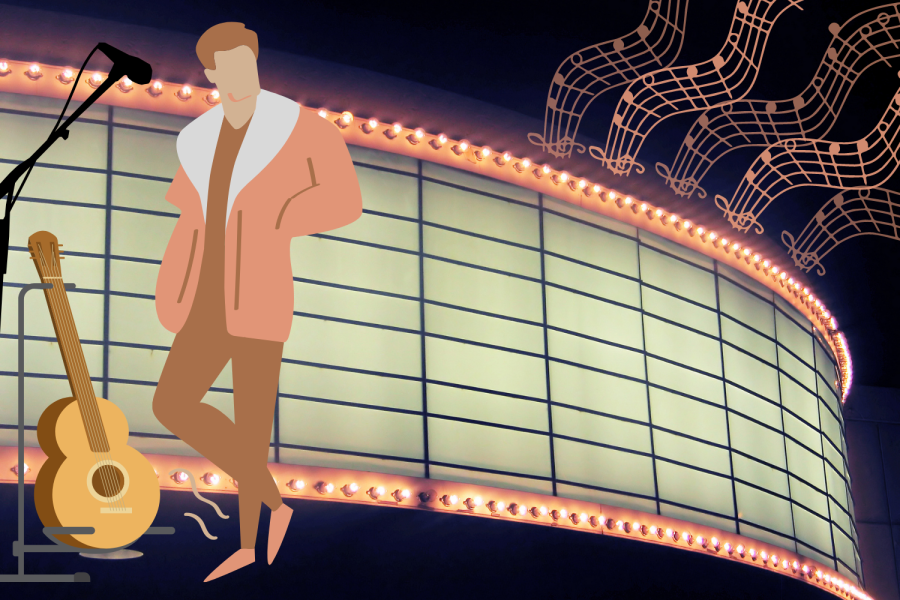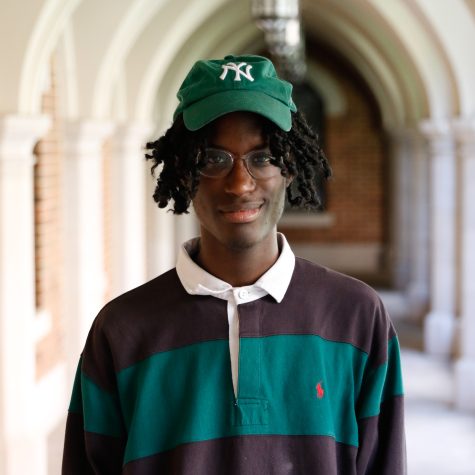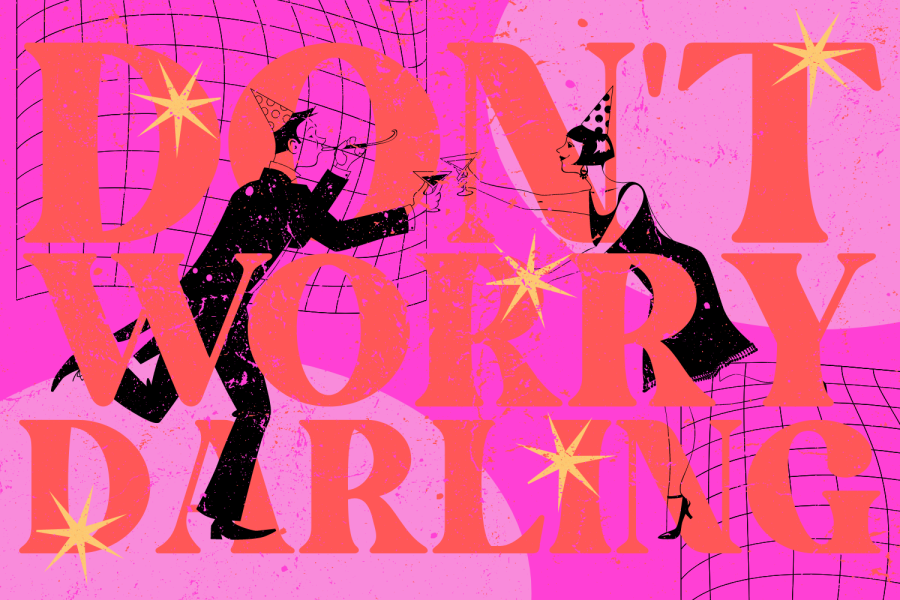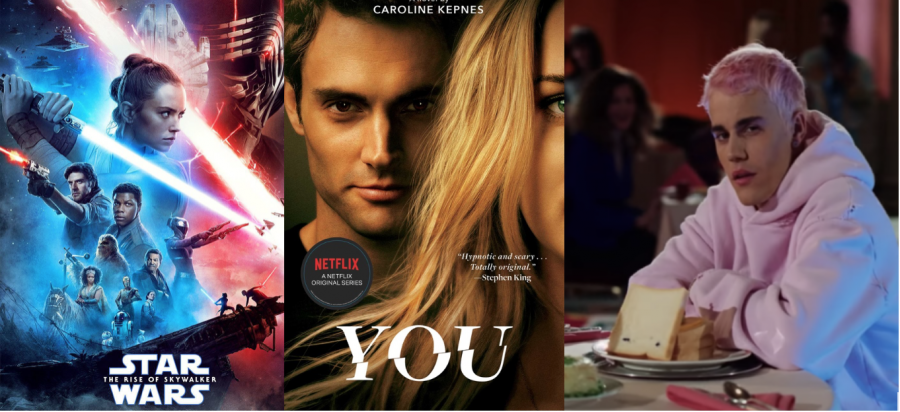One day two decades ago and counting, a 20-year-old Justin Timberlake—then the face of the world’s biggest boy band (and middle school crush of about 10 million pre-teen girls)—wrote “Gone,” a track inspired by that one time Britney Spears spent a few too many hours at a beauty salon, and offered it to Michael Jackson. Jackson initially refused the song. But by the time Timberlake had already resolved to use it as a single for his group’s final studio album, Jackson called back with an ultimatum: he would only take the song if Timberlake agreed to perform it as a duet. “I said, ‘Well … we’ve already cut the song as an NSYNC record. Could we do, like, NSYNC featuring Michael Jackson,’ or ‘Michael Jackson featuring NSYNC?,’” he told the Guardian in a 2014 interview. “And he was very absolute about the fact that he wanted it to be a duet between himself and I.”
This interaction would go on to mobilize an already-potent sense that Timberlake didn’t need four other 20-year-olds singing by his side in order to build an impactful musical career of his own. NSYNC had long been passengers of a persistent conveyor belt starting at five friends take on the music world and ending at the Justin Timberlake Show, and by 2001, if the spotlight wasn’t already purely shining on their frontman, it was certainly heading in that direction. In 2000, while the rest of NSYNC looked on, Timberlake starred in a Disney movie as a dashing model who falls in love with an unsuspecting waitress. While a majority of the group had little substantial pop culture cushion to fall back on should things fall apart, he was precociously well-connected with a number of the industry’s biggest movers and shakers. And, of course, if nothing else, there was always the fact that a duet with Micheal Jackson was on the table.
NSYNC officially went on hiatus in 2002, immediately after which, as the remainder of its members comparatively struggled to get solo careers off the ground, Timberlake began working with Pharrell Williams of the hitmaking production duo the Neptunes, and Timbaland. Within months, they churned out “Like I Love You,” a rhythm-guitar heavy lust anthem that peaked at number 11 on the Billboard Hot 100 and notched a number 2 spot on the UK Singles Chart. The song’s music video features all the trappings of breakout superstardom that he couldn’t have experienced as part of a boy band—obnoxious breakdancing in front of a group of women in a 7-11 parking lot, seductive staring into (maybe a little too close?) camera close-ups, and taking over a dancefloor with a too-cool crew, much to the delight of a larger-than-life group of onlookers. Viewers were met with an overwhelming sense that Justin Timberlake just graduated from baby-faced sweetheart to good-boy-gone-bad.
It’s a story that, even though it seems to recur every decade, still manages to give American culture an aneurysm whenever it retells itself: the boy band breaks up, and (to the surprise of absolutely no one) the frontman actually has the makings of a solo star. We’ve seen it play out with Harry Styles, the one-time shaggy-haired teen heartthrob turned iconoclastic pop provocateur; Busta Rhymes, a rap group standout turned standalone hip-hop royal; and, duly, Michael Jackson, the kid in the family band turned greatest pop act of all time. Wherever there is a collective, especially as time moves on, there is a talent incubator, wherein already-strong presences are cultivated alongside each other, and megastar potential is bound to arise. It is only a matter of time until that potential is explored by one or more members. Given the sheer amount of times we’ve seen it play out as a culture, this should not be nearly as much of an ermahgerd moment as we always make it out to be. It’s a matter of nature: the caterpillar spends some time in a cocoon, until one day, it emerges a butterfly.
Yet, in Justin Timberlake’s case, the stakes were different. When Timberlake parted ways with NSYNC and sought to record music under his own name, he was also lugging what was, up to that point, a purely 20th Century construct, into the 21st. The 21st Century would be a frontier of new artist-to-audience relations, new music industry conventions and a new pop culture at-large—not only was he seeking to fill shoes once occupied by Michael Jackson, John Lennon and Jimi Hendrix, but he was also seeking to prove that it could be done in an entirely new landscape. Yes, he was a breathtaking young talent who, even while sharing a platform with four other twenty-somethings, managed to make his name known in all the right circles. But could he live up to the legacy his chosen career path carried with it?
“Justified,” Timberlake’s 2002 debut album, would begin by immediately seeking to answer this question via those who have already conquered the big stage. He’s introduced by the voice of Pharrell Williams on its opening track, a move that serves almost as if to say I know your favorite hitmaker, and you are therefore culturally obligated to hear me out. “Ladies and gentlemen, it’s my pleasure to introduce to you—he’s a friend of mine,” Williams announces club promoter style, Timberlake himself coming in here and there to offer interspersed yes I ams and wooos. “All the way from Memphis, Tennessee, and he’s got somethin’ special for y’all tonight!”
Much of “Justified” rides on the same ethos-heavy wave as its opening monologue. It’s all about collaboration and how tactfully a sprawling cast of A-list characters can be interwoven; and, under the careful eyes of the Neptunes, it asserts itself as a manifesto of Timberlake’s youthful pop days being over, and his more mature R&B conscience taking the steering wheel long-term. “Rock Your Body,” a glimmering disco-funk single Timberlake would go on to perform alongside Janet Jackson at the (controversial) Super Bowl XXXVIII Halftime Show, sees a newly-provocative version of the singer whispering lyrics crazy enough—“better have you naked by the end of this song”—to turn away the same parents who bought their children NSYNC posters no more than a year back. Whereas he was a lovestruck prettyboy in NSYNC songs like “This I Promise You,” “Last Night,” saw him emerge a new rebel, no longer serenading female interests from inside their rooms, but hurling vengeful words at their closed doors: “Saying you’re young and confused? Well that’s a lame excuse,” he wails. “That’s why the only one to blame is you.” Although there are points on the record where it feels as if Timberlake’s brand new cloak may be a size too big (including the obnoxious way he pronounces “baby” at the end of this very track, and lines like “You’re out of this world except you’re not green”), by the fade-out of the final song, you are left with the sense that someday, if he isn’t already doing so, he is bound to grow into it.
Some twenty years later, Timberlake is still playing Super Bowl Halftime Shows, still topping international charts, and still owing Michael Jackson a duet. The difference from when he first split with NSYNC, though, is that no longer is he riding the reputations of his expansive pop culture rolodex. Now, he’s the one any upstart artist would be honored to have produce their albums, connect with them immediately after their band breakups, or only agree to accept their songs as duets. And—even though he likely wasn’t specifically thinking of it while all of this was going on—in successfully establishing a revolutionary career of his own beyond the confines of NSYNC, he inadvertently paved the way for a slew of others to rise beyond their own humble collective beginnings. Had it not been for Justin Timberlake, it is quite likely that the construct that produced 21st Century solo acts like Tyler, the Creator, A$AP Rocky and Zayn may have died in the 1900s. And while the boy-band-to-superstar pipeline would be rolling in its grave, Justin Timberlake would likely be 40-something years old, singing about teenage romance alongside four other 40-something year olds.
When Harry Styles came out with “Sign of the Times” in 2017, 15 years after Timberlake justified himself with his own debut body of solo work, hordes of blogs and tabloids immediately flocked to draw the comparisons. “If Justin Timberlake is a piece of this shattered Prince Charming mirror, Harry Styles is an amalgamation of all of them; funny, sweet, kind, a bit of a bad boy, and mysterious,” one online writer theorized. “Harry Styles will braid your hair, fetch some water, catch a fish, and be a great make out.”
On a wider cultural level, it is oddly heartwarming to feel the extent to which pop culture repeats itself. It isn’t too far off to think that, as Timberlake was breakdancing his way into lone stardom in 2002, the same kinds of lines were being drawn to Michael Jackson. Or, perhaps when Michael Jackson was aweing American audiences with the first iterations of his newly-matured croon, the same threads were being tied between himself and Elvis Presley. It isn’t going to stop any time soon, and we’ve learned the same lessons over and over again. The fact that we’re surprised when breakout solo stars turn out to be good says less about the artists, and more about us.
















